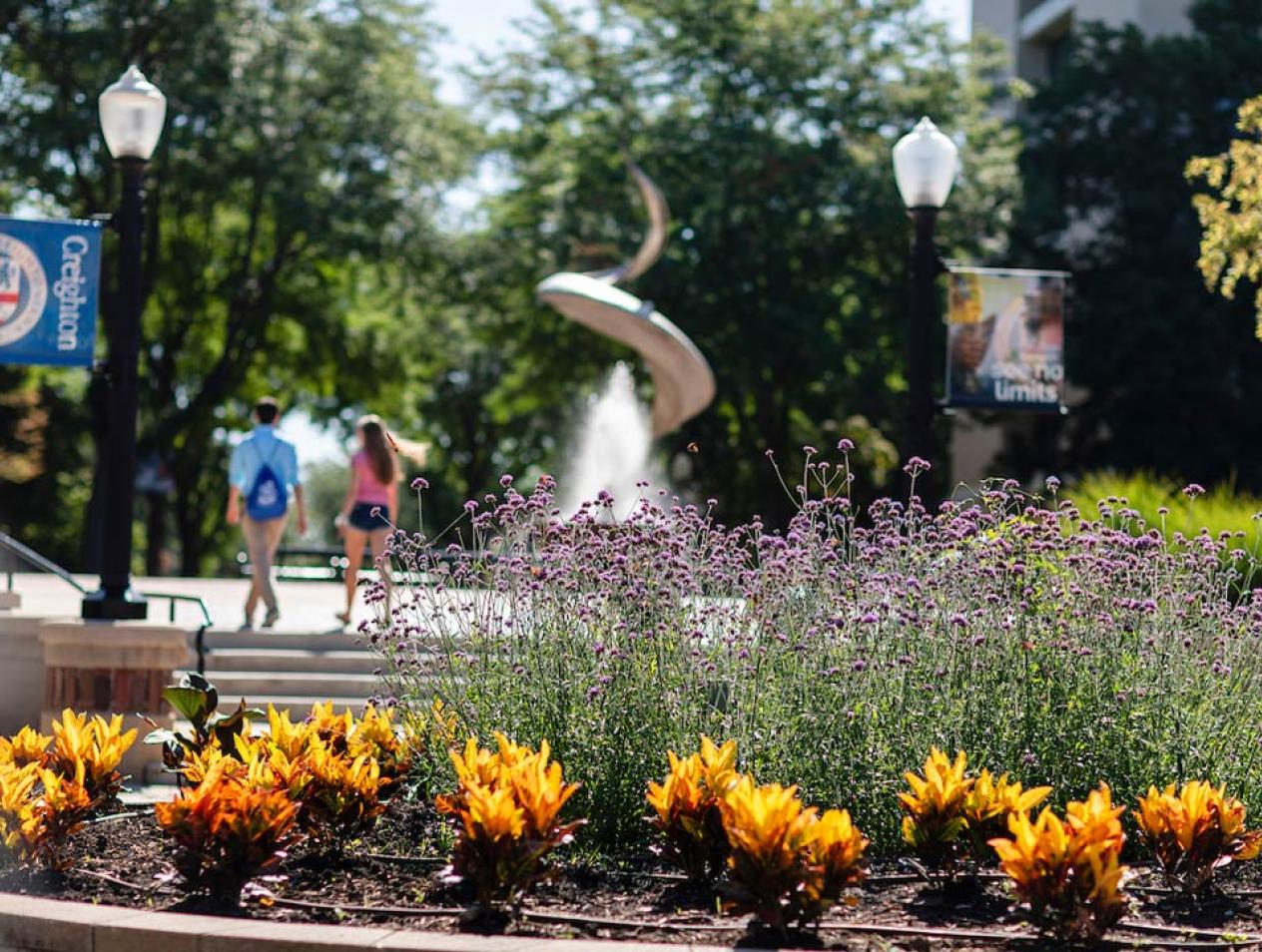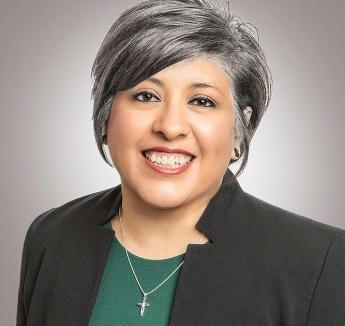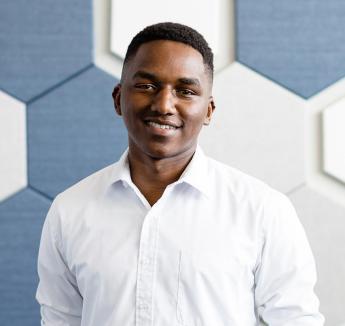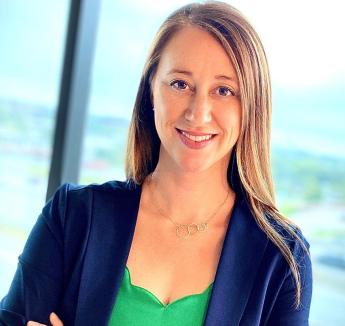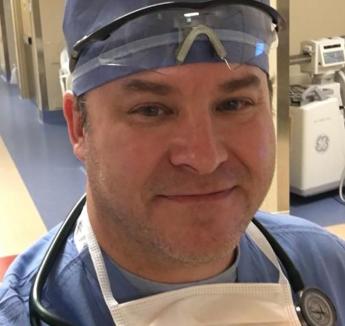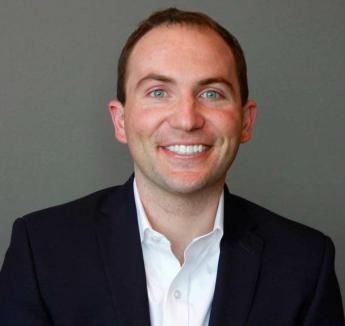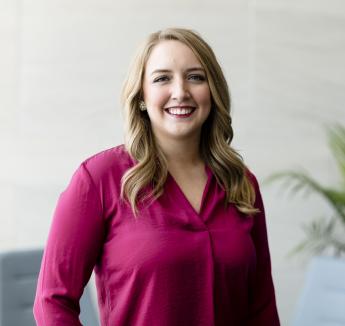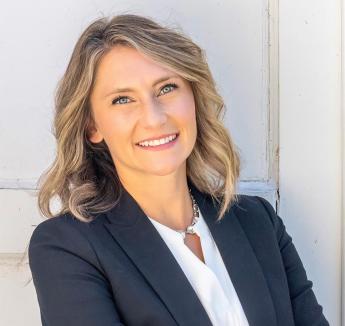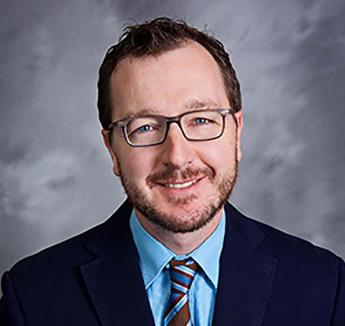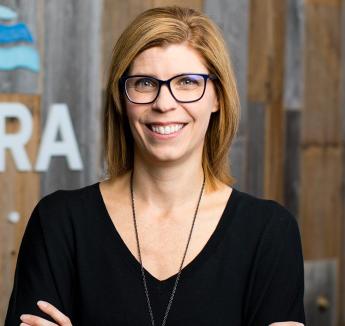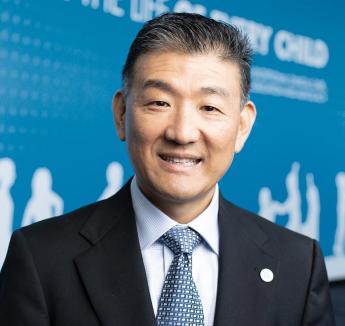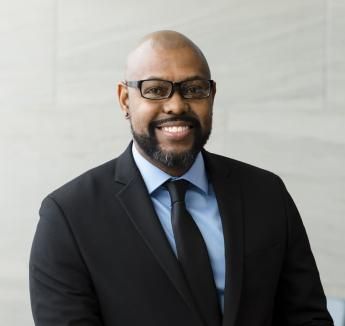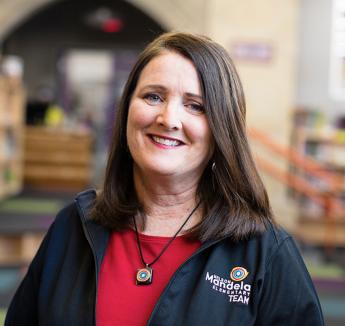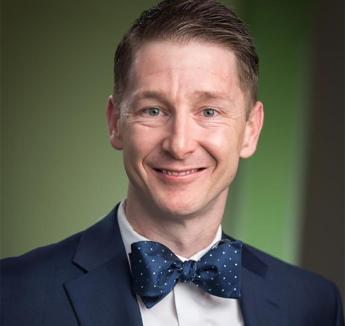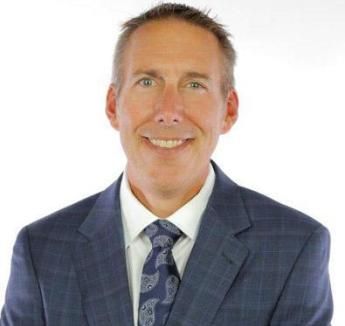Success Stories
This is what success looks like
Students from all walks of life join the Creighton University community. The Graduate School welcomes freshly minted college graduates (and sometimes their parents), military veterans, people with long careers in one field looking for a change, academics who are passionate about their subject matter … anyone with a passion for learning and a desire to drive positive change in our world.
While their circumstances may be wildly different, all students instantly become part of Creighton’s tight-knit community upon enrolling. The support they receive from their peers and faculty—combined with immersive learning experiences and rigorous academics—leads to success stories like the ones below.
Do you have your own Creighton success story to share? We’d love to hear from you!










